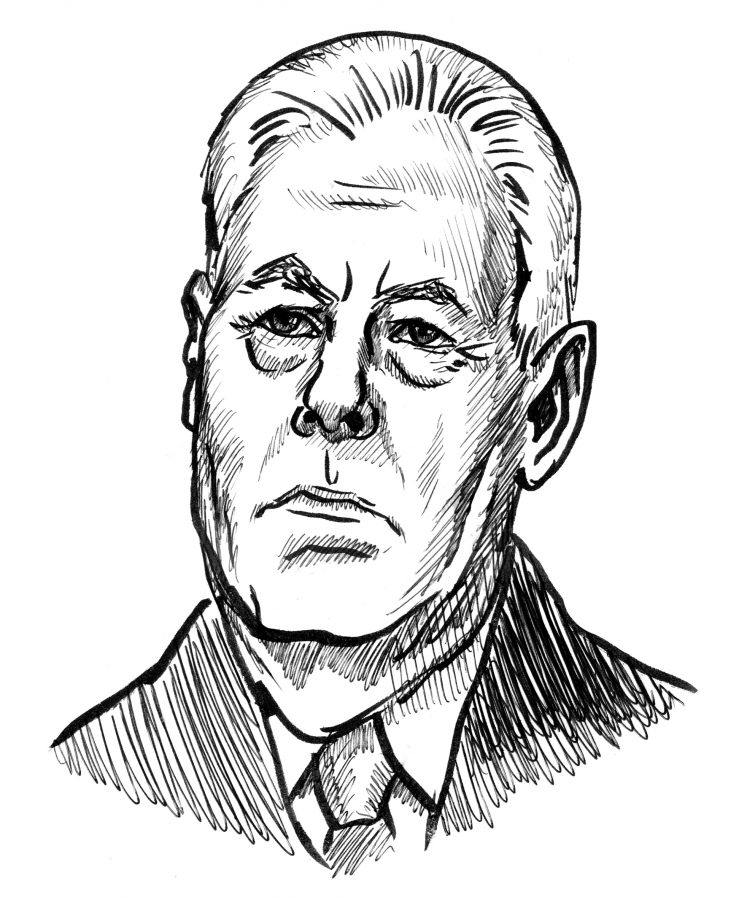The consideration of Rex Tillerson, former Secretary of State with the Trump Administration and former CEO of ExxonMobil, for chancellor of the University of Texas System should be a cause of serious concern to the University community for several reasons.
First, Rex Tillerson has no experience as an educator or researcher. His total lack of experience in both domains makes him poor choice to oversee a network of institutions for which education and research are the primary endeavors.
Second, according to a lawsuit filed by the New York State’s Attorney General, Rex Tillerson, in the capacity of CEO at ExxonMobil, was a key participant in a decades-long campaign of misinformation to sway public opinion and deter action addressing climate change. The University of Texas at Austin touts ethical behavior in the practice of business, research and learning as an important characteristic of community members, and the representation of truth and personal responsibility are stated core values. The ongoing investigation into Mr. Tillerson calls into question his sense of ethics and willingness to represent the truth.
Third, the appointment process for the chancellor is not democratic and offers limited opportunity for input from the 240,000 students across the Texas System, as well as the thousands of faculty and staff members. Rather, this process rests largely in the hands of UT’s Board of Regents who are appointed by the governor. The search and appointment process for a new chancellor should make use of education experts across the UT system, as well as surveying the perspectives of students in order to determine the type of leadership they want because the students are the bedrock of the university, the reason it exists.
Fourth, the consideration of Rex Tillerson is yet another example of a disturbing and decades-long trend of public higher education institutions reflecting a corporatist model governance and organization. Increasingly, leadership roles are filled by individuals with professional experience and expertise in business, management and “efficiency,” rather than people with the skills and experience to be visionary leaders in the field of education. The former type of leader is ill-equipped to facilitate activity on university campuses addressing the myriad of pressing issues affecting Texas and our society in general, including ecological degradation, racial injustice, economic inequality and so forth.
I encourage students, staff, faculty and alumni to reflect on the consideration of Rex Tillerson as chancellor and, if selected, the impacts his leadership may have on university life. In particular, I urge faculty, especially tenured faculty, to voice their opposition to this appointment and organize towards an alternative. Tenured faculty members across disciplines, who have self-selected for careers in the academy, bear a responsibility to use their highly developed skills in observation, analysis, speaking and writing to voice opposition when these poorly conceived decisions are on the table, which further illustrate the erosion of public, higher education. Furthermore, tenured faculty are privileged with job security, in contrast to many staff, adjuncts and graduate student instructors, and thus, hold greater power.
Costigan is a doctoral candidate in the Department of Educational Psychology.













